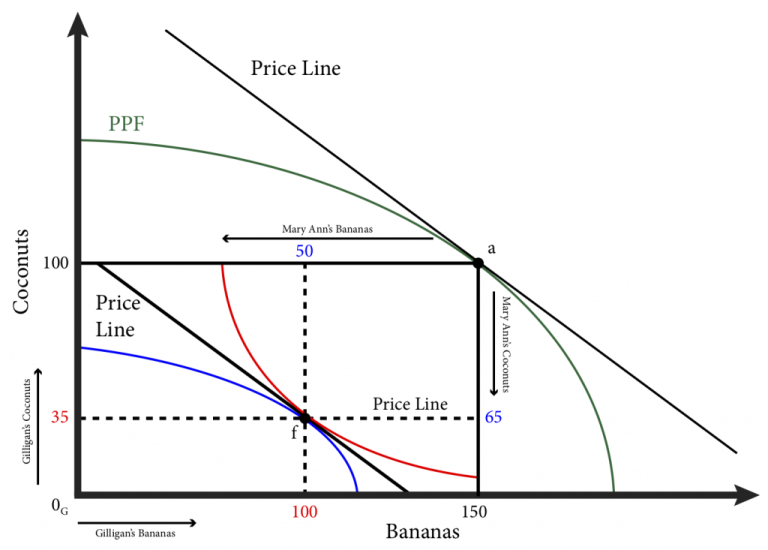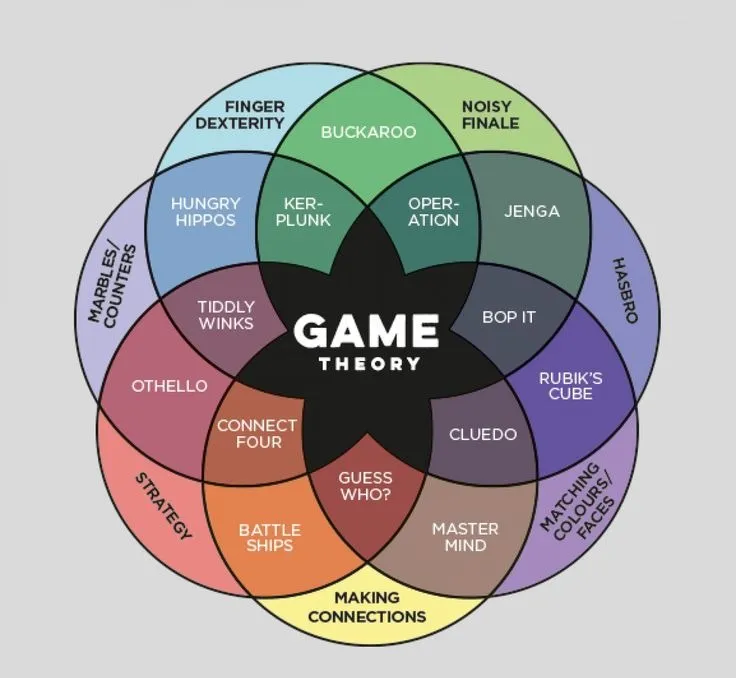divinetutors13@gmail.com
divinetutors13@gmail.com
The Intermediate Microeconomics-II helps the students to understand the efficiency of markets and the environment where the standard market mechanism fails to generate desirable outcomes. The issues of market imperfection and market failures are important building blocks of this course.

Course Modules:
Equilibrium and efficiency under pure exchange and production; overall efficiency and welfare economics
Strategic Games with perfect information; dominant strategies and Nash equilibrium; mixed strategies and best response functions; Sequential vs Simultaneous Games; Subgame Perfect Nash Equilibrium (SPNE); Repeated Games; Strategic Games with imperfect information; Bayesian Games; Perfect Bayesian Equilibrium; Signalling Games


Monopoly; pricing with market power; price discrimination; peak-load pricing; two-part tariff; monopolistic competition and oligopoly models
Externalities; public goods and markets with asymmetric information

NOTE: The above modules give a rough idea about the topics covered in our Intermediate Microeconomics-II course. Students will be given modules as per their respective University’s outline after prior discussion. dseonline